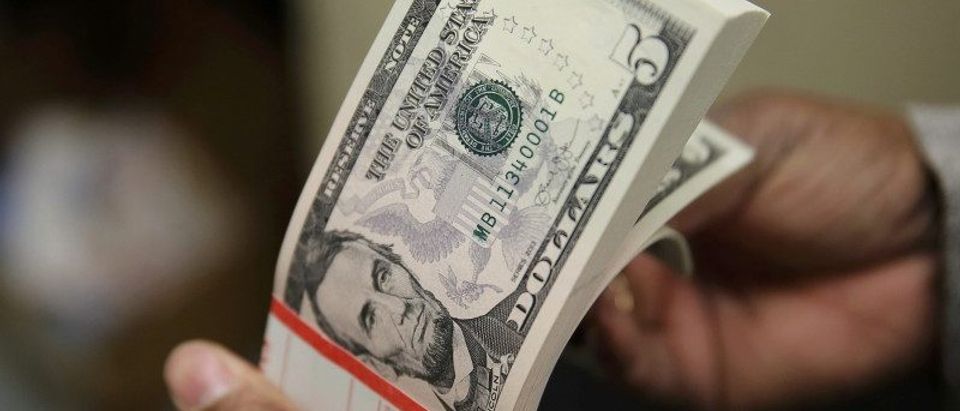Milton Friedman once said that “Underlying most arguments against the free market is a lack of belief in freedom itself.” This sentiment carries weight onto the low and middle-income Americans who are dependent on alternative financial solutions such as prepaid cards.
As we enter a new era of policy under the Trump Administration, lawmakers need to reform the Consumer Financial Protection Bureau (CFPB) to gut the one-size-fits-all rule preventing millions of our citizens from accessing vital financial products.
Ever since the Great Recession, prepaid cards and virtual prepaid accounts have emerged over the last decade as an innovative financial services tool helping to meet the needs of more than 68 million Americans, of which many of whom are unbanked or underbanked. Simply put, these products grant consumers the ability to safely deposit funds and to join in with the ever-innovating modern electronic transactions ecosystem.
Sadly, because of a strict regulatory framework from the CFPB’s prepaid rule, compliance with the rule’s guidance will be costly and cause the dawning of a dark age for innovation in the prepaid market segment. Rather than working to protect consumers, the rule serves as an overt governmental overreach that saddles higher costs back onto the consumer.
The prepaid market is a very innovative one. However, the CFPB rewards the industry with more regulation and control. The CFPB has issued a 1,700-page monstrosity that highlights no pro-market input into the rule’s creation. Essentially, the document will create precedence for an unaccountable executive branch agency to levy burdensome restrictions on financial services providers. And, like any overregulation, the ability of the private sector to meet the demands of a growing and diverse consumer base will only become more difficult.
Companies will be shelling out hundreds of millions of dollars to meet increased compliance and product issuance costs, according to the final rule. Unfortunately, the companies, in order to stay afloat, must increase costs on their customers which will result in higher fees and even more limitation on access.
This rule all but eliminates the consumer’s ability and flexibility to cover small transactions when they are forced to live paycheck to paycheck and also limits the ability of low-income, working families to cover unexpected emergency costs. The further you go into the provisions of the regulation, the worse it gets.
This is why members of Congress must take action and follow through with such actions. H.J. Res 73, introduced by Representative Roger Williams (R-TX-25), and S.J. Res. 19, introduced by Senator David Perdue (R-GA), are two legislative proposals that would utilize existing law and policy to override the rulemaking authority of one of the last remaining relics of Obama-era overreach.
“If the CFPB wants to continue to impose rules and regulations that impact every American’s financial well-being, it must answer to the American people,” said Senator Perdue in a joint press release with his other resolution sponsors. “As a business guy, I have experienced first-hand the impact overregulation has on growth and innovation. This rule is entirely too broad and would cripple the electronic payment marketplace.”
Representative Williams, in a letter requesting support for the resolution, also echoed a similar sentiment. “The [CFPB’s] one-size-fits-all rule would raise costs on these consumers and places restrictions on the features and services they rely on,” Williams wrote. “This rule… create[s] consumer confusion and in the end will limit, not increase consumer product choices.”
In an effort to culminate the sentiments of these two supportive members of both the House and Senate, the underlying argument needs to be rooted in the idea that the private sector is more capable than the government to affect good policy and reform within specific industries.
Financial technology companies and the providers of prepaid products are entitled to the same opportunity to compete in the freest economy in the world. Using the Congressional Review Act as the driving authority for legislative action grants the Congress to augment such burdensome rules.
This is the very reason why I must urge members of Congress to think about and support these resolutions and any and all future initiatives to rein in the power of the CFPB. Congress must be in the business of protecting consumers from the unrealistic protections of the agency sworn to protect consumers. Until this happens, we have all lost.


